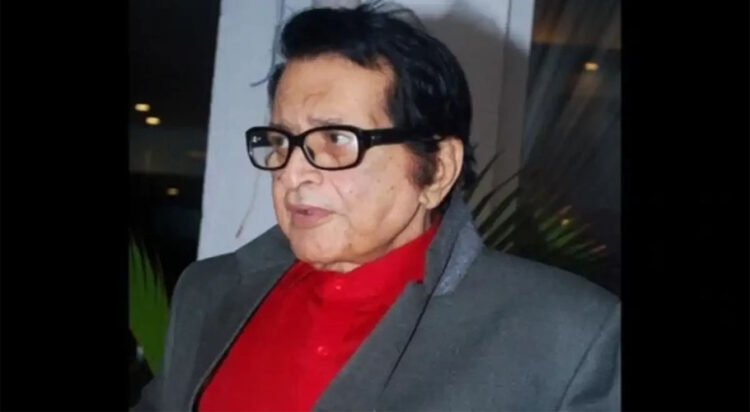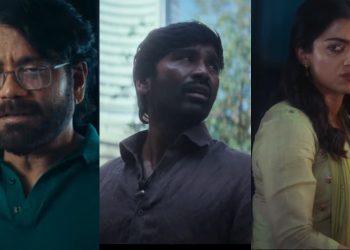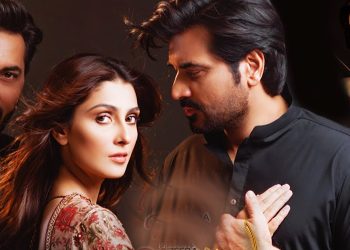Famous Indian actor and director Manoj Kumar passed away on Friday in Mumbai. He was 87.
As per media reports, he suffered from cardiogenic shock after an acute myocardial infarction.
Manoj Kumar, who was born as Harikrishan Goswami, made his debut in 1957 with Fashion Brand. After starring in lesser-known films like Sahara (1958), Chand (1959) and Honeymoon (1960), he bagged his first leading role in Kaanch Ki Gudiya (1961). He soon found success with Hariyali Aur Rasta (1962). He then went on to star in successful films like Woh Kaun Thi? (1964), Roti Kapda Aur Makaan (1974), Shaheed (1965), Upkar (1967), and more.
He is survived by his wife Shashi and two sons, Kunal and Vishal. Our condolences are with the family and friends of the deceased.
As the film industry mourns his demise, several actors and directors are sharing heartfelt tributes. Akshay Kumar took to his X handle to share an old photo of the late Manoj Kumar. He wrote, “I grew up learning from him that there’s no emotion like love and pride for our country. And if we actors won’t take the lead in showing this emotion, who will? Such a fine person, and one of the biggest assets of our fraternity. RIP Manoj Sir.”
Sharing a still from his film, Ajay Devgn wrote, “Manoj Kumar ji was not just a cinematic icon – he was a personal milestone in my family’s journey. He gave my father, Veeru Devgan, his very first break as an action director in Roti Kapda Aur Makaan. From there, their collaboration continued all the way to Kranti, creating moments that are now part of Indian cinema’s golden history. Manoj ji’s films – Upkar, Purab Aur Paschim, Shor, Kranti, they weren’t just films…they were national emotions. His creative genius, unwavering patriotism, and storytelling depth set a benchmark that very few have matched. As Indian cinema bids farewell to its Bharat Kumar – a storyteller, a patriot, and a legend. I also wish to say thank you for shaping my father’s journey and for inspiring countless storytellers like me. Your legacy, Manoj ji, is eternal. Om Shanti.”



































